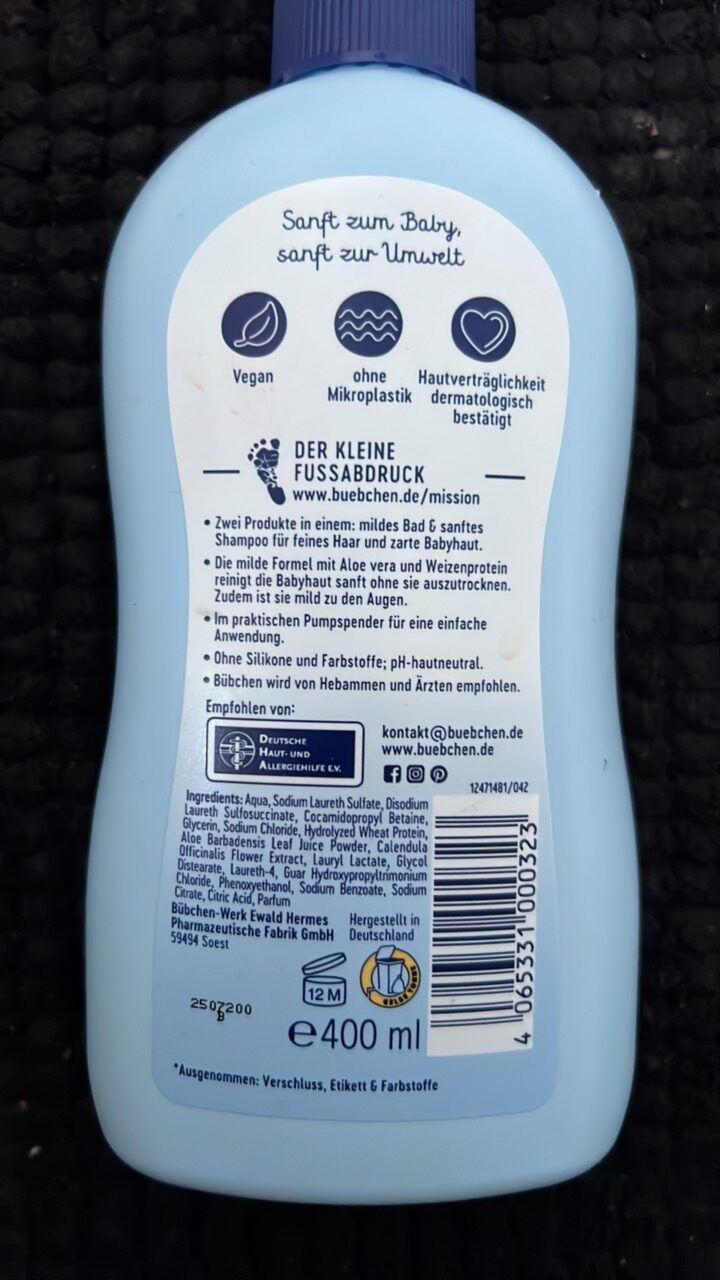
Barcode: 4065331000323
unknown
HALAL
📝 Reason: All ingredients have been checked against the provided Halal, Haram, and Doubtful E-code lists. Ingredients without E-codes have been assessed based on their common sources and uses in products. The product does not contain any explicitly Haram ingredients, but the presence of ‘parfum’ introduces doubt due to potential alcohol or animal-derived ingredients without specific certification or clarification.
📄 Certificates: None
Ingredients:
Details
Exploring the Halal Status of Unknown
When it comes to our personal care products, understanding their Halal status is crucial for Muslim consumers. In this article, we will investigate the Halal status of the product known as unknown. Based on an analysis of its ingredients, we aim to provide clarity on whether this product meets Halal standards.
Halal Status Overview
The ingredient list indicates that the product is classified as Halal. Upon review, all components were checked against Halal, Haram, and Doubtful E-code lists to ensure compliance. Though the absence of explicitly Haram ingredients is reassuring, we must acknowledge the presence of ‘parfum’, which introduces some doubt due to potential alcohol or animal-derived inclusions that lack certification.
Ingredient Analysis
Here’s a deeper look at the ingredients and their corresponding Halal status:
- Aqua (Water) – Universally considered Halal.
- Sodium Laureth Sulfate – Commonly used in cosmetics and cleaning products. Typically Halal unless derived from Haram sources.
- Disodium Laureth Sulfosuccinate – A mild surfactant, also typically Halal unless sourced from Haram materials.
- Cocamidopropyl Betaine – Sourced from coconut oil, and deemed Halal.
- Glycerin – Usually Halal when derived from plant origins.
- Sodium Chloride (Salt) – Universally Halal.
- Hydrolyzed Wheat Protein – Considered Halal, sourced from wheat.
- Aloe Barbadensis Leaf Juice Powder – Derivable from aloe vera, thus Halal.
- Calendula Officinalis Flower Extract – Sourced from marigold flowers, classified as Halal.
- Lauryl Lactate – Halal unless its source is Haram.
- Glycol Distearate – Generally recognized as Halal unless sourced from Haram ingredients.
- Laureth-4 – Typically Halal in nature.
- Guar Hydroxypropyltrimonium Chloride – Derived from the guar gum plant and considered Halal.
- Citric Acid – Generally Halal, sourced from citrus fruits.
- Parfum – This ingredient is classified as Doubtful as it may contain alcohol or animal derivatives without clear certification.
- Phenoxyethanol – A Halal preservative unless derived from Haram sources.
- Sodium Benzoate – A Halal preservative widely used in cosmetics.
Conclusion
While the product unknown is primarily Halal based on its ingredients, the uncertainty surrounding ‘parfum’ necessitates further inquiry. Customers who prioritize Halal products should consider contacting the manufacturer to obtain further details regarding the sources and processing of this ingredient.
For those integrating Halal standards into their lifestyle, awareness of product ingredients plays an essential role in ensuring compliance with personal beliefs. Always consult certification bodies or professionals if in doubt.

